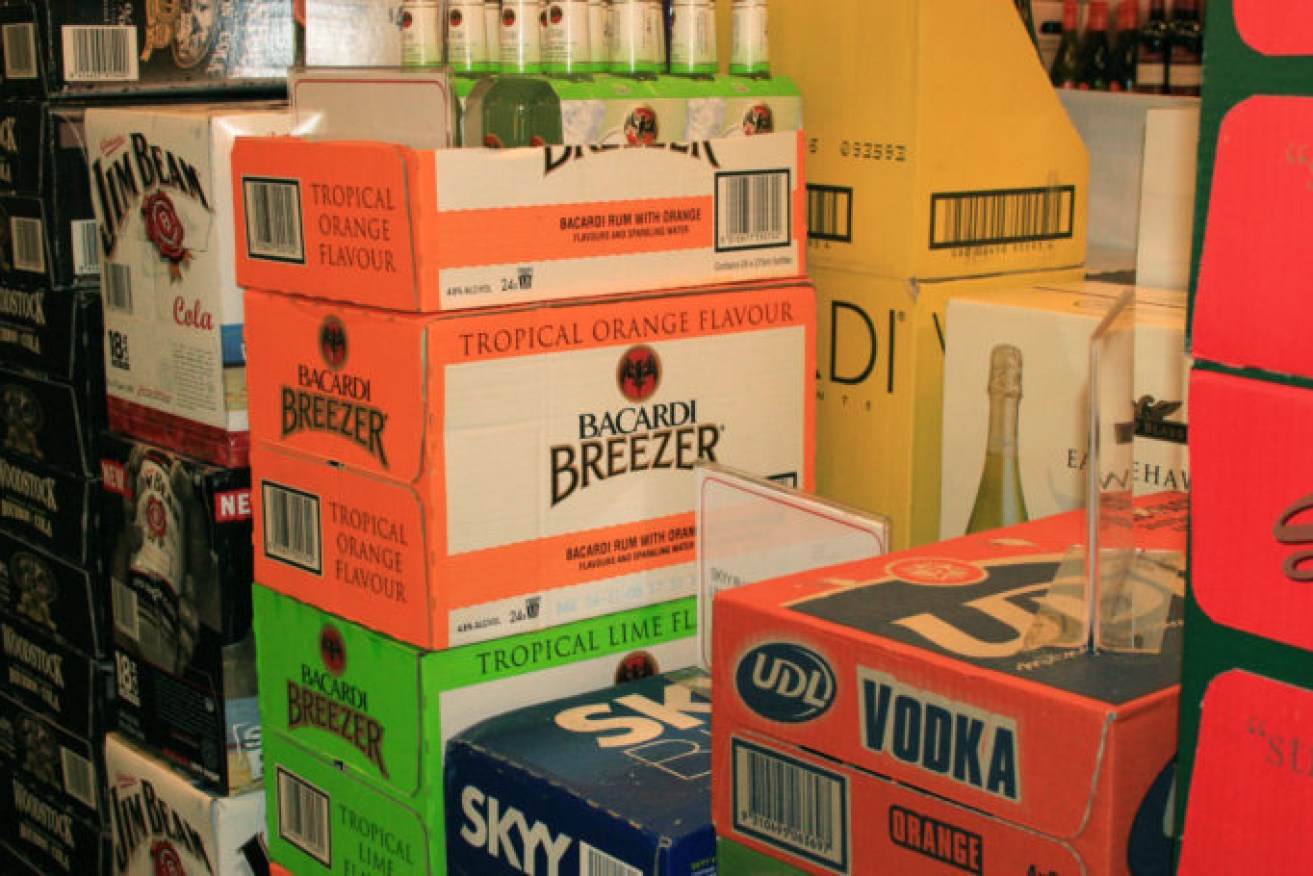Show ID demand as Port Augusta booze laws extended
Restrictions on the sale of alcohol in Port Augusta are set to remain in place indefinitely and a demand for local customers to show identification when buying will be reintroduced, the Liquor and Gambling Commissioner has ruled.


Photo: Melanie Foster/AAP
Since February 8, Port Augusta bottle shops have been subject to orders prohibiting them from opening before 11am, with customer purchases of fortified wine/port and 2L cask wine limited to one per day.
Sales of cask wine above 2L are prohibited, while purchases of spirits are limited to up to two 750ml bottles.
The bottle shop orders were introduced following advice from SA Police about an “increase in alcohol-related offences and antisocial behaviour” amid a rise in Port Augusta’s population due to COVID-19 lockdowns in remote communities and extreme weather blocking highways to the north and west of the city.
The restrictions have been given three short-term extensions this year – most recently in June – but Liquor and Gambling Commissioner Dini Soulio announced on Wednesday the restrictions would be in place on an “ongoing basis”.
Soulio said his decision to extend the restrictions was based on consultation with 18 groups/entities in Port Augusta.
“I have carefully considered submissions and data from a number of key stakeholders, including licensees, South Australia Police and various medical professionals and services including the Sobering Up Unit, Port Augusta Hospital and Regional Health Service, SA Ambulance Service, Stepping Stones Drug and Alcohol Day Centre and representatives of Aboriginal communities,” he said in a statement.
“Based on the review, there can be no doubt the sale and consumption of alcohol in Port Augusta results in significant antisocial behaviour, harm to the community, and negative health impacts.”
The review found a three per cent reduction in reported assault offences involving intoxicated persons in Port Augusta since the introduction of restrictions.
The South Australian Ambulance Service (SAAS) submitted to the review that there was a 50 per cent reduction in alcohol-related cases in Port Augusta in February 2022 compared to February 2021.
Ambulance cases increased again in March but decreased in April and May by 66 per cent 53 per cent respectively, SAAS submitted.
Port Augusta’s 24/7 Sobering Up Unit (SUU) submitted data to Soulio’s review showing total admissions to their facility had remained steady despite the introduction of restrictions, although admissions of people with blood alcohol levels above 0.25 declined significantly.
In the five months prior to the restrictions being introduced, the SUU averaged 153.2 admissions a month.
In the five months during the restrictions, admissions averaged 146 a month.
“These restrictions have had a direct impact on reducing acute levels of intoxication and related harm, and the later opening time for bottle shops has provided a much-needed window to allow support services to engage with people suffering from alcohol-related harm,” Soulio said.
“These benefits outweigh the minor inconvenience to customers and tourists.”
The decision affects four licensees in Port Augusta, which has a population of more than 13,000 people.
The licensees will be provided with an app – trialled in Coober Pedy and Ceduna – that can identify when a person has reached their daily restricted transaction limit.
Previously, licensees were required to record transactions manually. The Commissioner scrapped this requirement in February due to negative feedback from licensees, local residents and tourists.
But Soulio said the ID requirement for customers was being re-introduced from November 1 because the restrictions were less effective without the ID requirement.
“Once these restrictions start on November 1, customers will need to produce ID before they are able to purchase alcohol,” he said.
The purchase limits do not apply to managers and supervisors of “station properties” or “companies operating mining ventures and other licensees”.
The Commissioner’s indefinite extension of the restrictions will be reviewed within 12 months.




